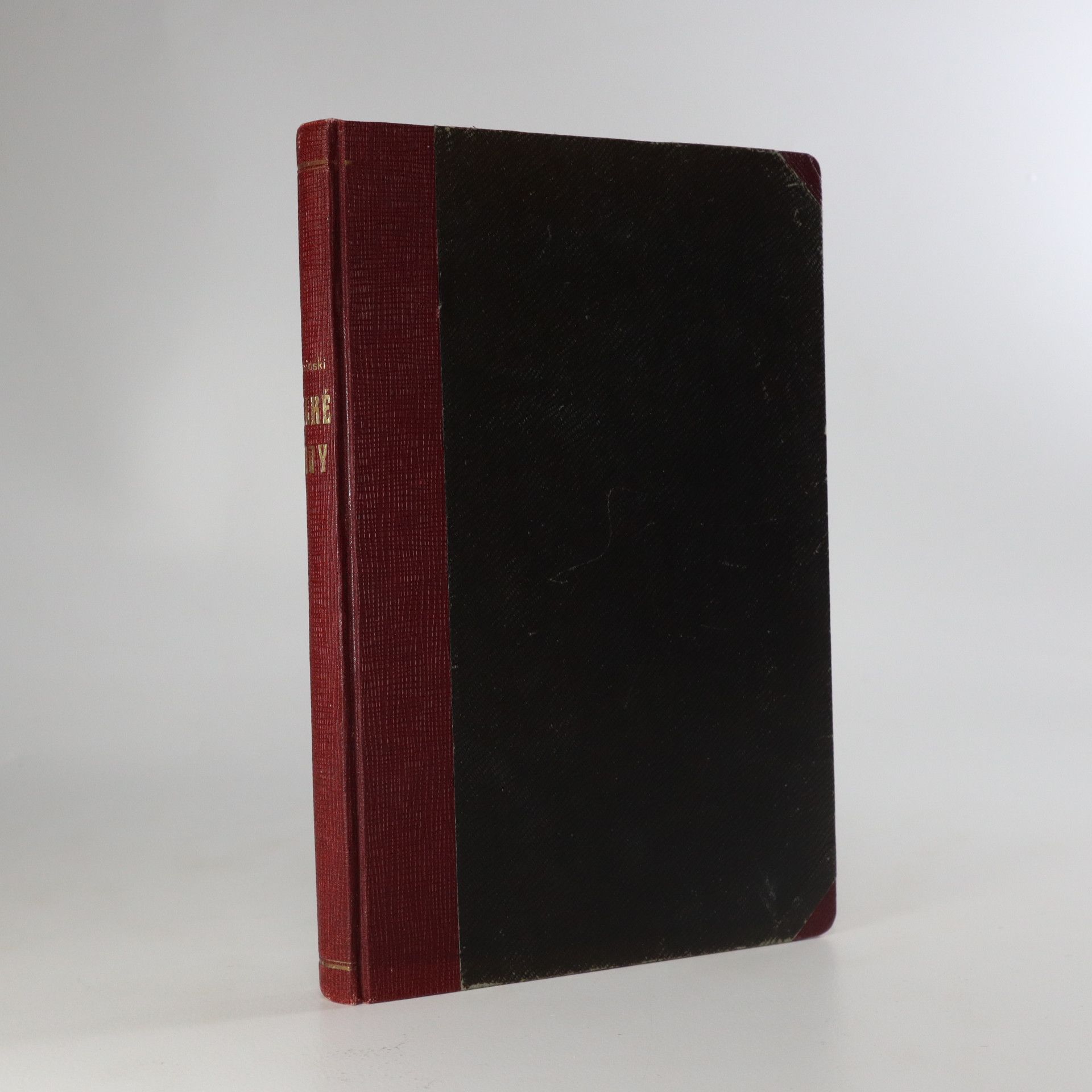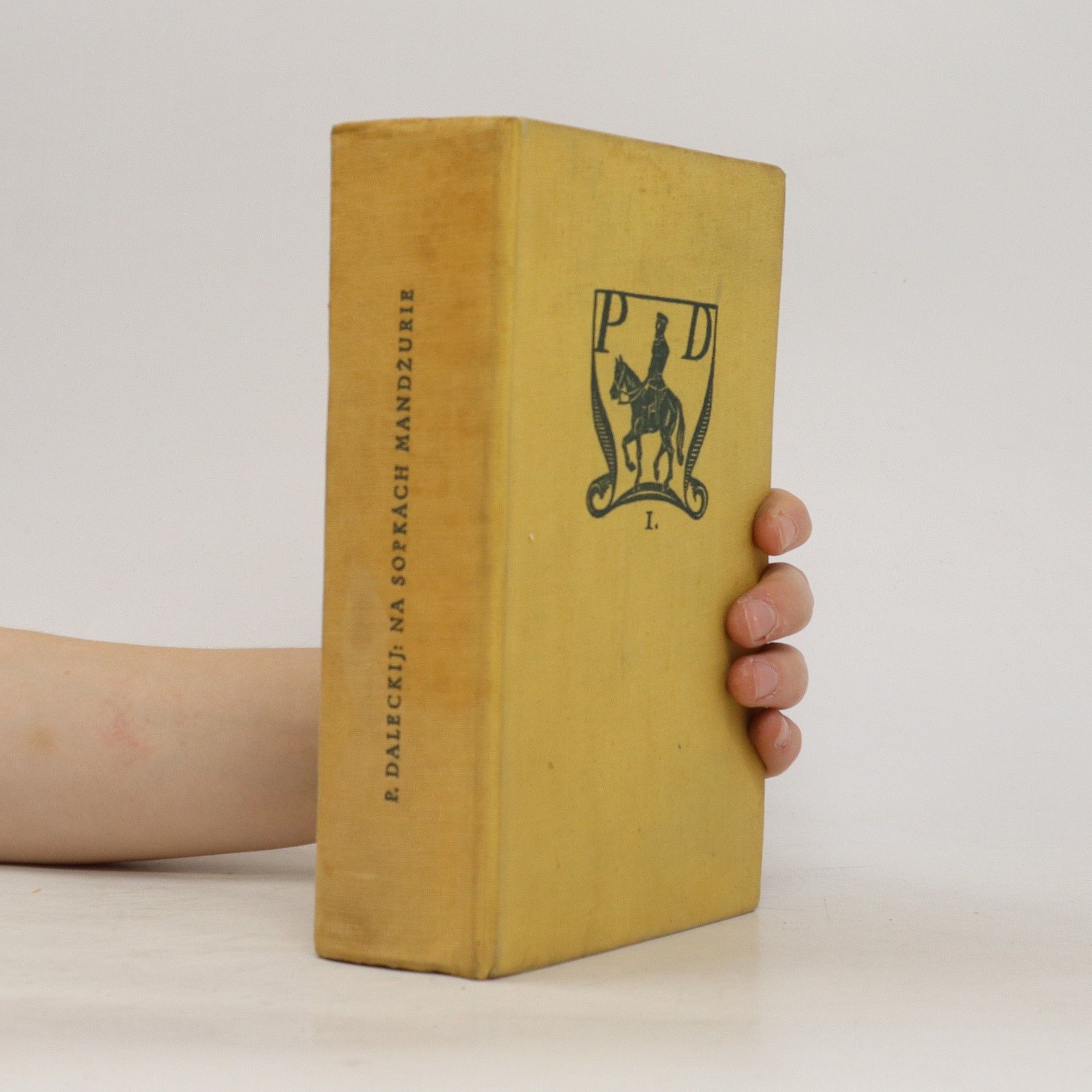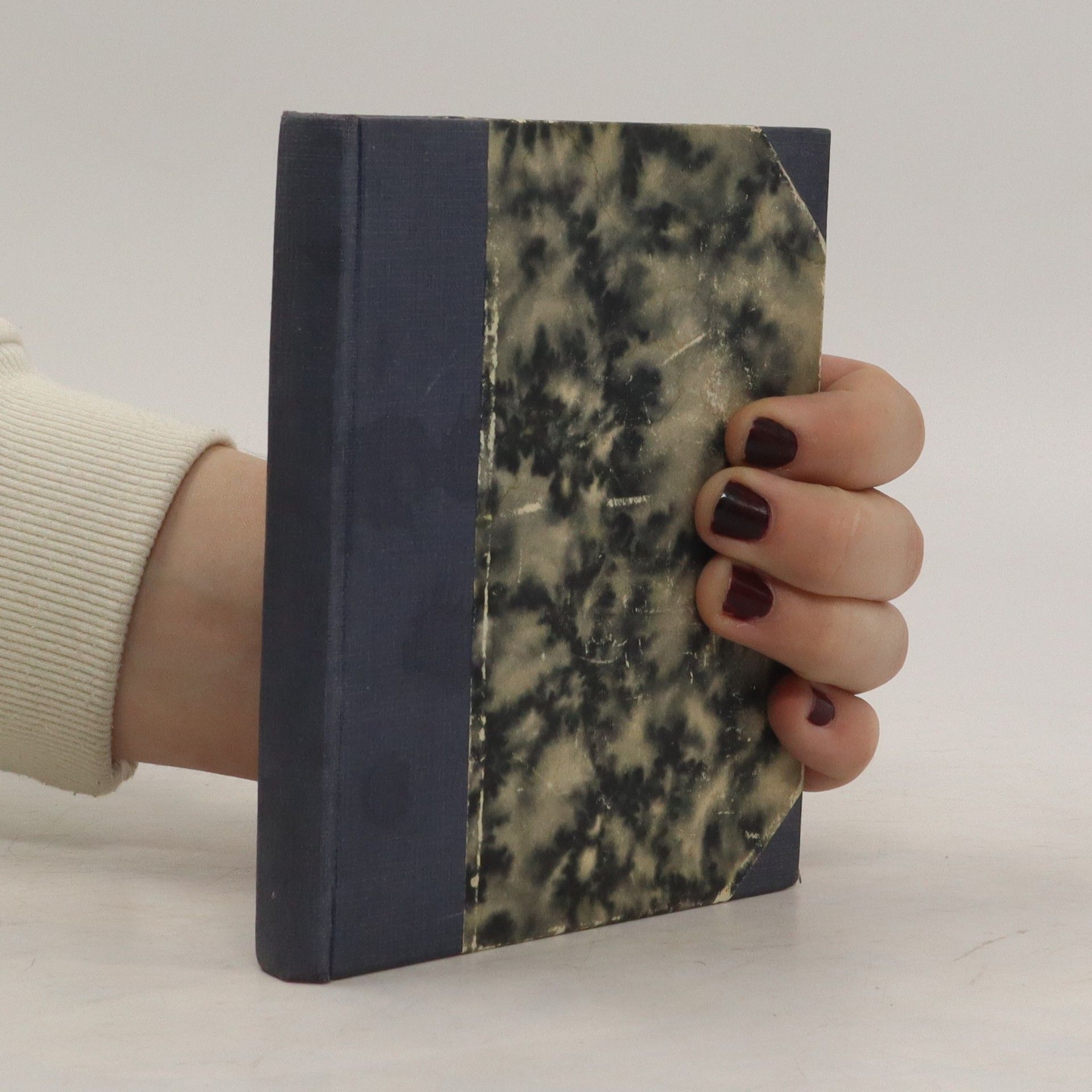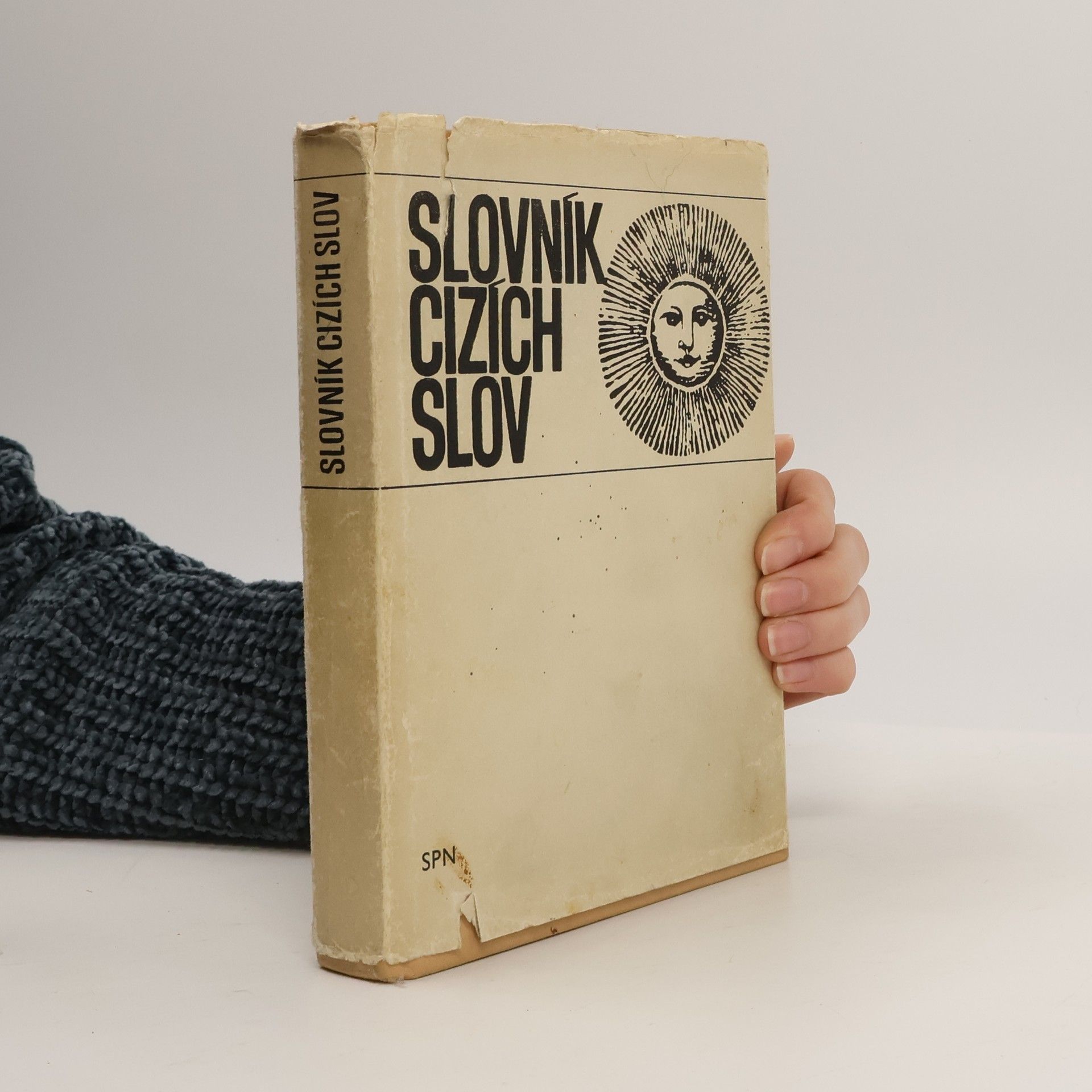Slovník cizích slov
- 416 stránok
- 15 hodin čítania
Oproti předchozímu vydání byly v tomto vydání k původnímu znění připojeny přehledné soupisy chemických prvků a měnových jednotek hlavních zemí světa, přepočítací tabulky nejzávažnějších anglo-amerických měr a vah a vzorce vzájemných přepočtů teplotních stupnic Celsia a Fahrenheita. Mimoto byla rozšířena i vlastní slovníková řada o nová hesla a odkazy i o doplňky hesel dřívějších. 3. vydání.




